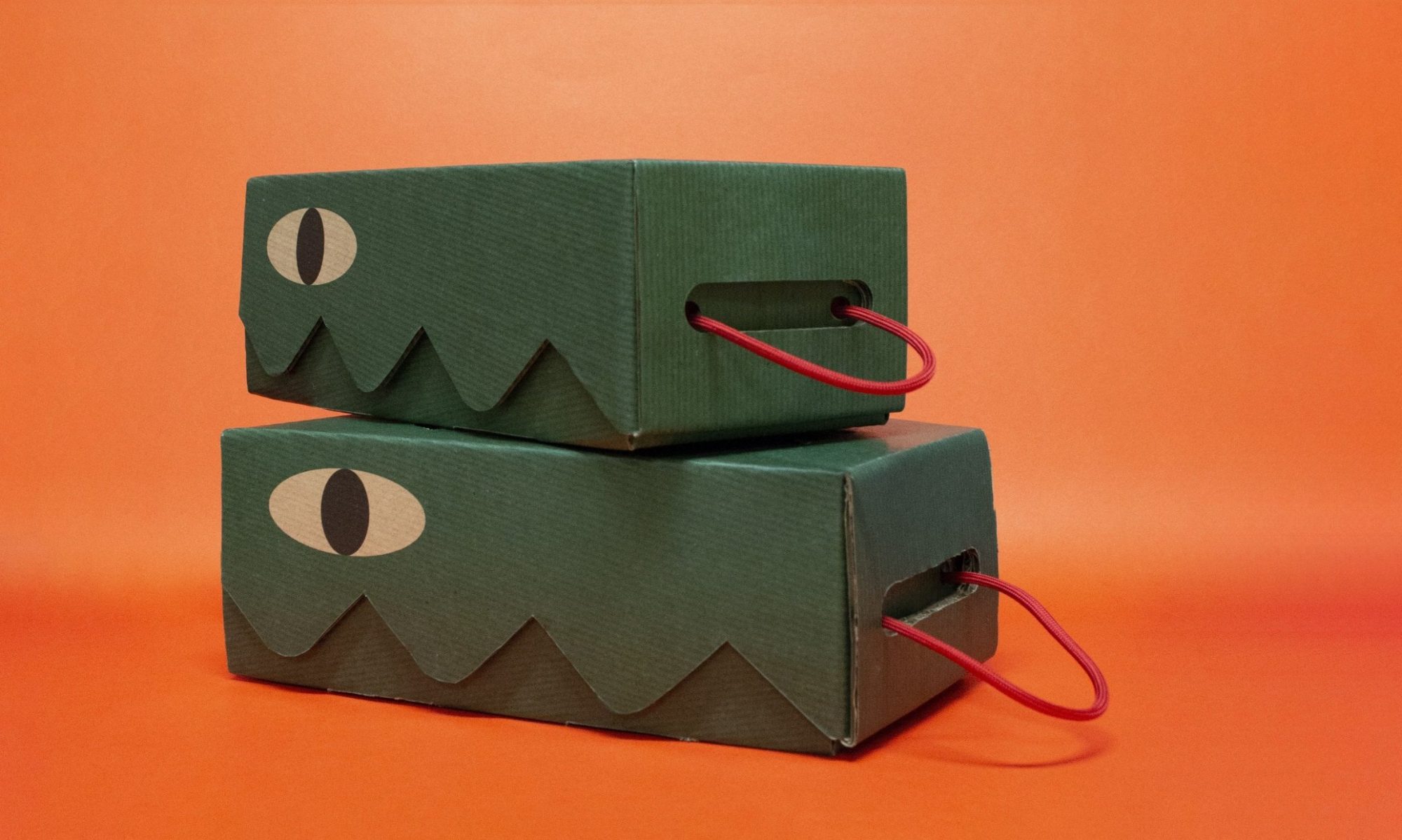What caught my eye from this week’s lecture was Apollinaire’s Calligrams. Calligrams emerged in response to the movement of Futurism; that disrupted the need for typographic rules of layout and focused on speed and sound. Calligrams in themselves are lines and paragraphs of text arranged into the visual elements from the text.
The Calligrammes are an idealisation of free verse poetry and typographical precision in an era when typography is reaching a brilliant end to its career, at the dawn of the new means of reproduction that are the cinema and the phonograph. (Guillaume Apollinaire, in a letter to André Billy)
Here is a link to Apollinaire’s “Calligrammes; poèmes de la paix et da la guerre, 1913-1916″ and here is a link to its transcripts that you can translate: Calligrammes: Poems of peace and war, 1913-1916.
Apollinaire’s calligrams tap on my combined love for free-verse poetry and pushing the limits of the rules and formats of type. I was unable to find out if Apollinaire created his calligrams with a typewriter or with mobile metal type.
From the looks of it, it could be a combination as different typefaces of serif and sans serif and point size appear in each page.
I am fascinated by the contrast of blocked out shapes, like the house and tree, and free running lines of the cigar’s smoke. Apollinaire follows little rules besides his own and simple humanistic reading behaviour to convey his little messages in his poetry.

Transcription - Translated [House] Here is the house where stars and deities are born [Tree] this shrub that is preparing to fructify you looks like [Character] lovers lying together you will separate my members [Cigar] a lit cigar that smokes

Transcription - Translated [tie] the painful tie that you wear and that wore you civilized ô take it away if you want to breathe well [watch, winder] as we have fun [right edge of the watch] the beauty of life passes the pain of dying [Hours] my heart the eyes the child Agla the hand Tircis week infinity straightened by a philosopher's fool the Muses at the doors of your body the beautiful unknown and the dantesque worm shining and cadaverous hours [Needles] It is - 5 And all will be finished
This is maybe my favourite page:

Transcription - Translated [heart] My heart like an inverted flame [crowned] Kings who die by turns reborn at the heart of poets [mirror] In this mirror I am living and true enclosure as we imagine the angels and not as are the reflections Guillaume Apollinaire

